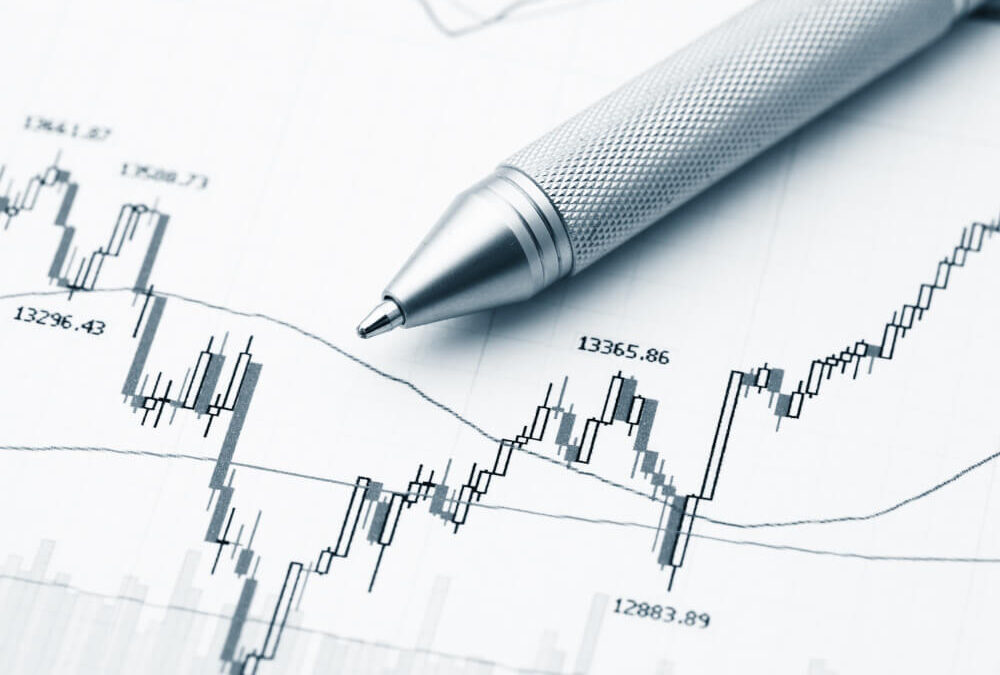Successful Forex trading isn’t just about executing trades; it’s about understanding what works, what doesn’t, and how to improve. Analyzing your trading performance is a critical step that separates amateur traders from professionals. In this article, we’ll explore why every FX trader should take the time to analyze their trading performance and how it can lead to better results.
1. Identify Strengths and Weaknesses
Analyzing your trading performance helps you pinpoint the strategies, markets, and timeframes where you excel. At the same time, it highlights areas where you struggle, such as specific currency pairs or emotional decision-making during volatile periods.
Pro Tip:
Focus on replicating your successful trades while working to eliminate the patterns that lead to losses.
2. Track Key Metrics
Professional traders monitor key performance metrics to measure their success and identify areas for improvement.
Some essential metrics include:
- Win-to-Loss Ratio: How many trades are profitable versus unprofitable.
- Risk-to-Reward Ratio: The average potential gain versus potential loss per trade.
- Drawdown: The largest decline in your account balance during a trading period.
Why It Matters:
Tracking these metrics helps you evaluate your overall performance and refine your trading strategy for better outcomes.
3. Learn From Mistakes
Every trader makes mistakes, but successful traders learn from them. Analyzing your trading performance allows you to identify common errors, such as:
- Entering trades too early or too late.
- Ignoring stop-loss levels.
- Overtrading after a losing streak.
Pro Tip:
Keep a detailed journal of your mistakes and what you learned from each one to avoid repeating them.

4. Optimize Risk Management
Performance analysis provides insights into how effectively you’re managing risk. Are you risking too much on individual trades? Are your stop-losses set at appropriate levels? Regularly reviewing your performance ensures you’re not exposing yourself to unnecessary risks.
5. Adapt to Changing Market Conditions
Forex markets are constantly changing. Strategies that work in one market condition might fail in another. Analyzing your performance over time helps you adapt to these changes by identifying which strategies perform best in trending, range-bound, or volatile markets.
6. Boost Confidence
Regular performance analysis builds confidence by showing you measurable improvements over time. Knowing your strengths and having a clear understanding of your strategy’s effectiveness can help you trade with greater conviction.
7. Plan for Long-Term Success
Analyzing your performance isn’t just about short-term gains—it’s about building a sustainable trading career. By consistently refining your approach, managing risk, and adapting to market conditions, you set yourself up for long-term success.
Take Action
Start analyzing your trading performance regularly to unlock your full potential as a Forex trader. Whether it’s reviewing your trades daily or compiling monthly performance reports, taking this step will help you trade smarter and achieve your goals faster.

